|
Messy and contemplative, much like any meaningful act of societal-based introspection, Edmund Yeo's River of Exploding Durians employs the malleable nature of late adolescent psyches to examine the milieu of the native Malaysian community, one which feels stuck in a perpetual state of stasis despite the abundance of transnationalism all around them. Yeo's formalist designs and stylistic sensibilities encapsulate this sense of stagnation through use of static composition and minimal camera movements, evoking the loss of identity and cultural diaspora felt by a small rural community in the era in which the monolith of transnational exchange moves forward unimpeded, encroaching on their way of life through crude notions of progress tied to industrialization. Resting at the fulcrum between historical native text and modernity's assurances related to material progress, River of Exploding Durians details the discovery of injustice and uncertainty purveyed through the impressionable eyes of youth. The historical record often obfuscates facile notions of progress brought by modernity, and the central characters of this story find themselves awakened through education yet struggling with their identity due to the cultural homogeneity brought by transnationalism. Melancholic and contemplative yet tinged with polemic outbursts - mainly driven by the spiraling and increasingly unhinged psyche of a history teacher whose been in this fight for far longer - River of Exploding Durians is messy narratively but piercing in the atmosphere and mood it evokes. The lower classes of society -disjointed and displaced by the cultural and economic homogeneity forces of neoliberalism - are static or despondent, their own polity offering no reprieve, as it too has been firmly assimilated into modernity's crude notions of progress in which often the lower-class and under-privileged are pushed to the periphery for the gains of the ruling class and those privileged to be a part of it.
0 Comments
David Chung's Royal Warriors is a memorable 1986s Hong Kong action film largely due to its more grim tonal treatment than much of the output of the time-period in which a heavy dose of levity supplemented the dangerous action and acrobatics of the cop-criminal dichotomy. The film's central heroine played by Michelle Yeo effectively rubes the insecurities of masculinity, signaling a female ethos which is entirely independent and largely an affront to the masculine-embedded notions of efficiency often associated in tales of crime and punishment. While this treatment of the female ethos was becoming more commonplace at this point in HK cinema, Royal Warriors' moments of levity remained scarce, and when these moments do arise, they are largely circumvented by the films grim tone, one in which the cold finality of death is presented as absolute and a real danger to the three main characterizations of the film - Yeoh's aforementioned Hong Kong Cop, Hiroyuki Sanada's displaced Tokyo Cop, and Michael Wong's happy-go-lucky Air Marshall. The car bomb sequence early on in the film in which the Sanada's wife and child are eviscerated sets the stage for the film's more grim treatment, but it's the death of Michael Wong's character - who sub-textually was an avatar for positivity and goodness- where the film really signals its intentions, effectively eradicating any notion of a strict binary between good triumphing over evil. The stakes of this film are heightened by this presented fragility of the body, leading Michelle Yeoh's soft-spoken but world-weary characterization down a path of reparatory justice.
Conceptually and stylistically, Love For All Seasons has got to be one of the most manic film in all of Johnnie To's prolific oeuvre. Incorporating wuxia into the romantic comedy narrative structure, Love For All Seasons a high-concept comedy with a moderately perverse premise in which Playboy Louis Koo agrees to help a virginal martial arts guru master a technique that can only be learned by having one's heart broken. Injected with an energy that rivals even To's most dynamic action film, Love For All Seasons is in nearly in constant motion, matching its conceit with an infectious dynamism. Funny and charming, the conceptual absurdity is employed to reinforce the film's thematic intentions, exhibiting the elusivity of attempting to deconstruct affect. In Love For All Seasons, Love is portrayed as cognitively indiscernible, emotionally irrational, yet essential despite it remaining largely an emotion that exists outside of strict quantification or classification. A wild movie that moves with such vitality that it's hard not to appreciate its fervor
Often associated with being the entry point to Asia, given its geographical locale and robust business sector, Singapore's image is excoriated and inverted in Eric Khoo's Mee Pok Man, a film which provides an empathetic lens to the day-to-day struggles of common working class people seeking a better life. Subversive and uncomfortable, Khoo's film details the underbelly of Singapore for many natives, an affront to the notion of meritocracy-based class movement defined in the age of global capital. The narrative hints at an uncommon love story between a painstakingly shy Mee Pok cook and a despondent sex worker yet it subverts the common archetype of love being liberation, enunciating through its somewhat cynical social-political worldview an environment which in itself suppresses this notion of peace and happiness which connection can obtain. This subversive and unlikely connection that unfolds is driven in large party by cruel, hard environment they inhabit, these disparate souls forming a sense of connection through transference of communal pain rather than personal affection. Stunning debut feature that is raw in its formalism yet focused in its underlying thematic conception, Eric Khoo eschews the often utopian type notions placed on economic growth and development, delivering a powerful, unorthodox portrait of the lower class struggle for a better life amongst the dynamic seas of transnationalism
Comparisons to Hong are apt, with Jeong Ga Young's formalism feeling like it was grafted from Hong, yet her particularly slice of meta-fiction is pointed in its self-reflexivity- cinema used a therapeutic device to excavate one's cognitive experience. A cunning and clever conception, Heart displays a filmmaker undaunted by laying themselves bare for the viewer. The dichotomy often associated between selfishness and self-love is traversed, as Jeong Ga-Young deconstructs her own ethos, juxtaposing the meta sensibilities of her narrative with those outside of it, slowly revealing the disparity of her persona which exists between individual and communal acts of creation. A film which could frustrate some as much as it entices others, Jeong Ga-Young's Heart is undoubtably a singular work in many respects, one which is piercing yet playful in its intimate and auto-biographical observations about an artist in the process of creation
Action movie sensibilities are employed to examine the corrosive effects of late capitalism in Pen-Ek Ratanaruang's Headshot, a film which features a consistent and incendiary cynicism about the state of the world in this current epoch. The high concept conceit of the story - a cop turned hitman who sees upside down after a near death experience - isn't particular important to the film's narrative or stylistic sensibilities, yet it is paramount as a symbolic device to question the state of humanity in which the powerful subjugates the weak on a transnational level. Through the main protagonists ability to quite literally see the world from another point of view, Headshot enunciates the tenuous entanglements between the state and global capital, revealing through its action schematics a world of corruption which offers little recourse for the many being subjugated by the few. While it is all a bit heavy handed at times, Pen-Ek Ratanaraung's elliptical narrative intrigues and engages from start-to-finish, embedded with a meditative Buddhist-inspired mythos which questions the nature of justice and morality in a corrupt system where the ruling class represses descent both implicitly and explicitly. Contemplative about the nature of justice - a largely human construct - Headshot exudes a cynical perspective in the end while detailing the injustices which are common place in the modern epoch. The visceral action is sure enough to entertain those looking for mere escapism, but what lurks in Headshot's rather blunt thematic construction is a polemic display of injustice and a nihilism towards any optimism towards progress under this political-economic system.
A raw and unflinching portrait of the Republic of Congo and the fight for equity among those who've been subjugated by a corrupt polity, Dieudo Hamadi's Kinshasa Makambo rests at the fulcrum of reform and revolution. Empowering yet never intrusive to those whom which it profiles, the film provides an organic look at the movement, one which struggles to be heard due to consistent suppression. Detailing intrinsic difficulties attached to any meaningful longitudinal social movement, Kinshasa Makambo defines the struggle for liberation, the fight for freedom as anything but simple or straightforward, exhibiting the many tentacles of thought intrinsic to larger social formations. Violence of the body and the mind are exhibited in vivid detail, as the film lives in a space between hope and despair, fully recognizing that in the end it's the people themselves that must save themselves from the tyranny of corruption and oppression. The underlying anger of this film is palatable yet never polemic, offering a rallying cry for a better world that transcends its specific subjects and speaks to a global state of affairs
What Sang-soo Hong manages here is just, Diabolically delightful! The prolific South Korean filmmaker's ability to construct such rich films around such seemingly simple premises is unparalleled. Yourself and Yours, which finally got a release stateside, features a host of Hong's signature traits - binge drinking, male embarrassment, repetition - and yet it's one of his most pervasive and enjoyable entrants in his ouevre, a film which manages to be cutting and incisive while maintaining an aura of playfulness that is hard not to love. Hong is one of those filmmakers who simply put, makes me ashamed whenever I watch one of his films - His conceits themselves are by-and-large so simple, yet so sharp and funny, often leaving me wondering how I never thought of such a premise. The characters in Yourself and Yours are humanistic and encapsulate a sense of longing, exhibiting the tricky nature of affection and deep-seeded desire for connection and companionship. Perhaps they are singularly focused on themselves, but isn't the pursuit of love intrinsically selfish, at least initially? The notion of "truth" vs. "fiction" is juxtaposed with this intrinsic impulse, with the femme fatale type character whom sits at the fulcrum of the story being the vessel which serves Hong's intentions. Employing a cunning repetitious structure, Hong's film is rich in artifice yet it manages to constantly excavate humanistic sensibilities centered around the embarrassment and myopia intrinsic to the pursuit of companionship
Seedy locales and blue-hued cityscapes exude a pathos of nihilism and sadness throughout this peculiar but memorable neo-noir in which a blues singer, who moonlights as a PI, gets involved in an altercation with a prominent gang. Sexual repression and homosexual undertones implicitly contextualize this film's environment, one in which the fringes of Japanese society live in the shadows of Japan's social conservatism culture. Few films have made Japan look this seedy. The aesthetic and cinematography complement the underlying psyche of its main protagonist, employing a cold hued color palette and off-kilter compositions which are often obstructed or imperfect in a traditonial sense, a jarring visual expression of the state of this character, a man on a mission who represses his pain. His blues ballads provide him a temporary release, and they underlay the knotty, nearly undecipherable plotting, with Yokohama BJ Blues exhibiting a singular spin on the familiar neo noir genre in which the streets of Japan ache with uncertainty and sadness
Spike Lee's oeuvre has never been known for its ascetic sensibilities or subtle thematic intentions and with his latest opus, Da 5 Bloods, he has crafted a dense, messy film which pullulates with ideas centered around the black experience in America from the past to present. Pulsating with purpose despite its narrative and thematic faults, Da 5 Bloods walks.a fine-line between overindulgence and boisterous, essential expression as Spike draws from a rich assortment of non-fiction and fictional influences (The Treasure of Sierra Madre, The Steel Helmet, etc) to craft an all encompassing exploration that centers the African American experience in the old-Hollywood archetype. In many ways, it is a film that is difficult not to appreciate due to the vitriol and vitality it consistently elicits. One thing that jumps out right from the onset of Da 5 Bloods is the celebratory nature of blackness. In the opening sequences it struck me just how rare it is to see five black men in mainstream Hollywood cinema presented in a solely celebratory fashion - the long take on the dance floor employed by Lee places this notion firmly in the spotlight, a reprieve in some respects from what is going to transpire as the narrative progresses and Lee continues to excavate the underlying pain felt by these men. While personally, I wish the film would have more just focused on the first half exploration of brotherhood and blackness centered around the neglect and suppression of the African American experience in Vietnam (and beyond), Lee's film continuously quarries social, cultural, and political discursive strategies in its subtext which doesn't always align with its narrative text, leading to what feels like a lack of focus in some respects, though one could certainly argue it's a display that is necessary given the complexities of racism and the vastness of the condemnation of Blackness in America. The second half of the film divulges to much from its first half for my liking, featuring an action-filled extravaganza which seems primarily aimed at commentary related to greed. French, American, and Vietnamese components make up the film's characters, some seeking forgiveness, some revenge, others wealth - a clever and pointed construction symbolic of the historical record of Indochina. I'd be remissed if I didn't mention that the Netflix sheen is unfortunately very much a part of this film - While Lee's stylistic decisions are sharp, the film's digital aesthetic, digital muzzle flashes and blood squibs lack a certain authenticity, and it took me out of the movie several times. The performances are perhaps my favorite aspect of the film - Delroy Lindo continues to do excellent work and I'm hopeful this will be the film that finally grants him the accolades he has long deserved. Lee seems to wholly recognize this as well, giving him a rich characterization and at times seemingly just getting out of the way of Lindo's maelstrom performance, using his direction to enhance and amplify. In the end, I don't personally think Da 5 Bloods works holistically yet there is something about the film's fervor that his hard to deny. Vietnam films from this perspective are hard to find in cinema, being nearly nonexistent in mainstream Hollywood cinema, and Lee uses his frantic epic to vividly depict the African American experience in Vietnam, one which has added layers of pain given the lack of acceptance and assurance provided to Black veterans in this unjust war
|
AuthorLove of all things cinema brought me here. Archives
June 2023
|
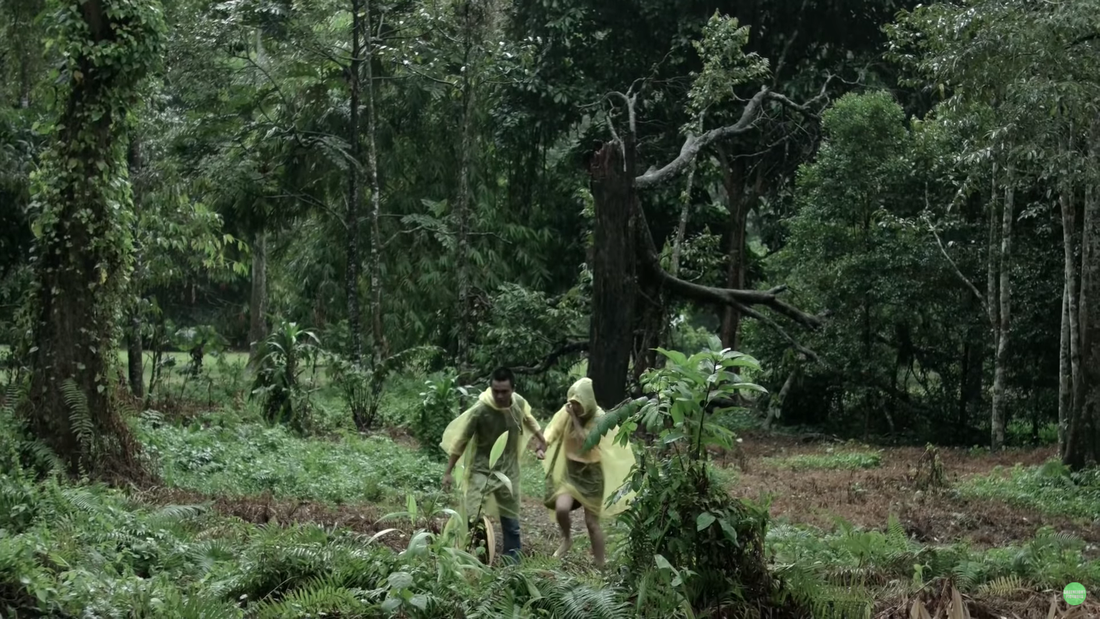
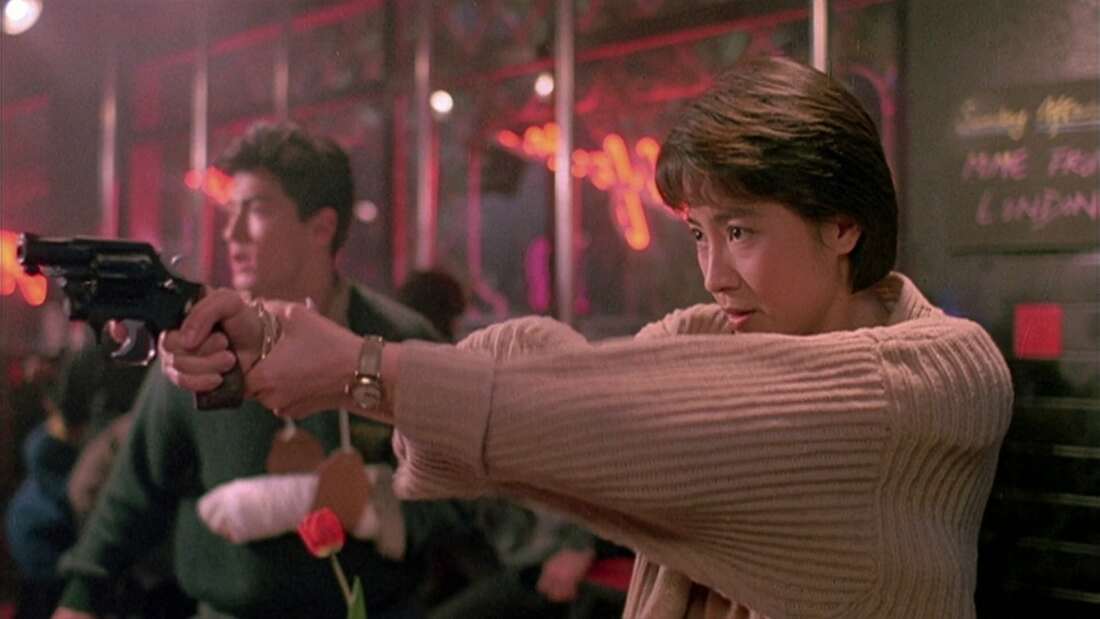
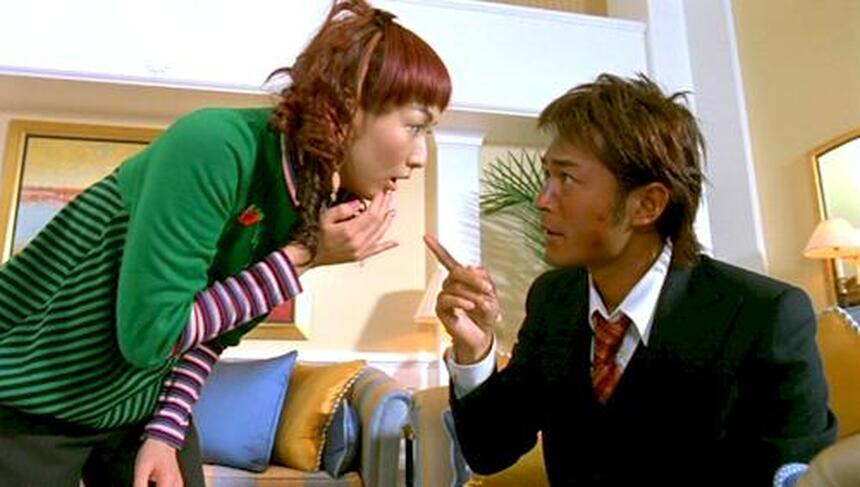
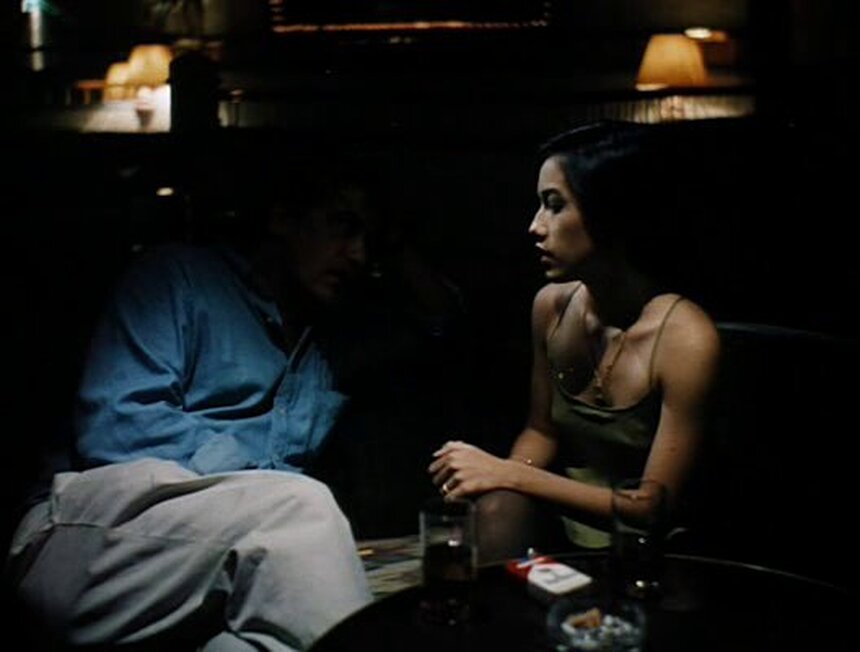
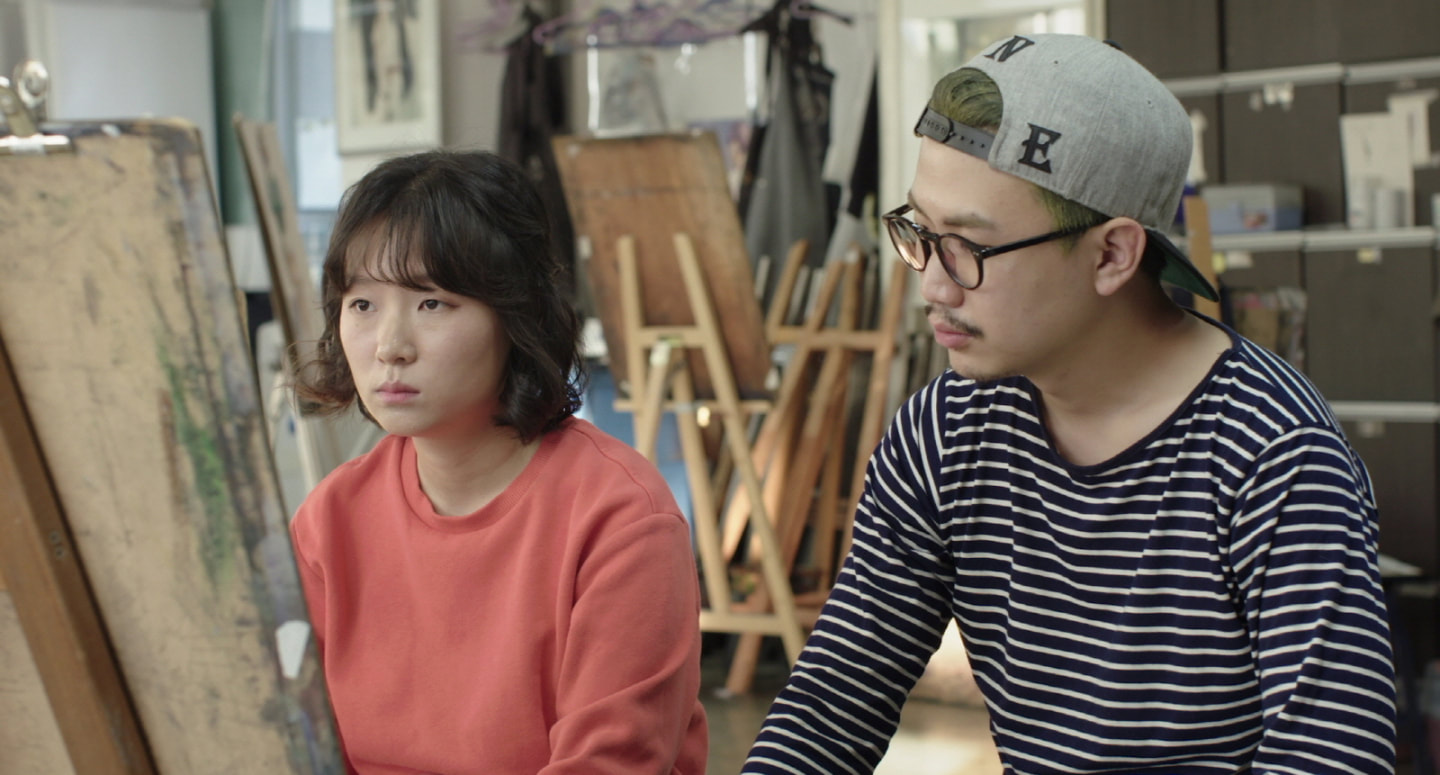
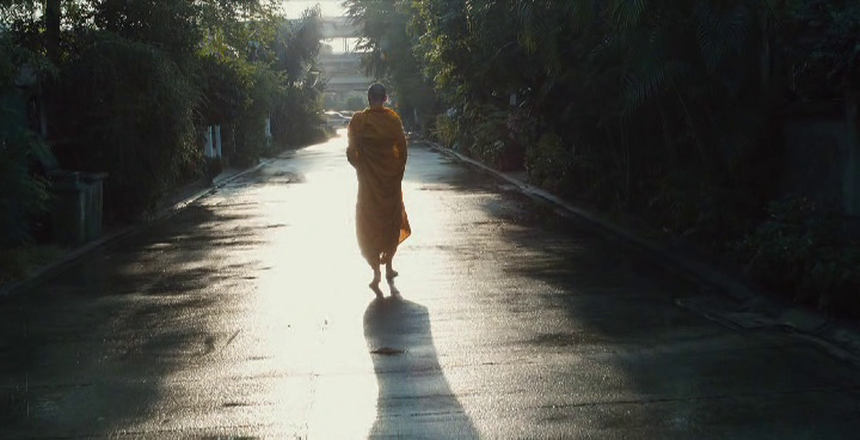
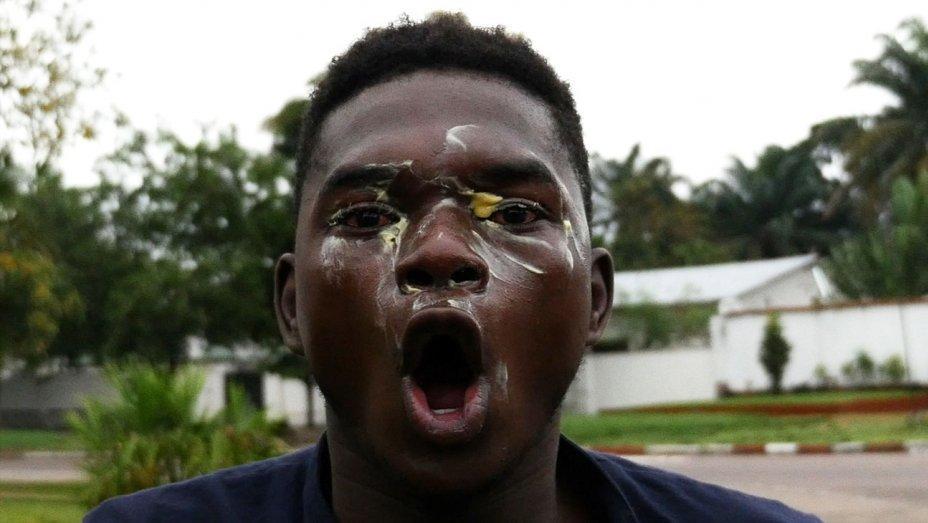

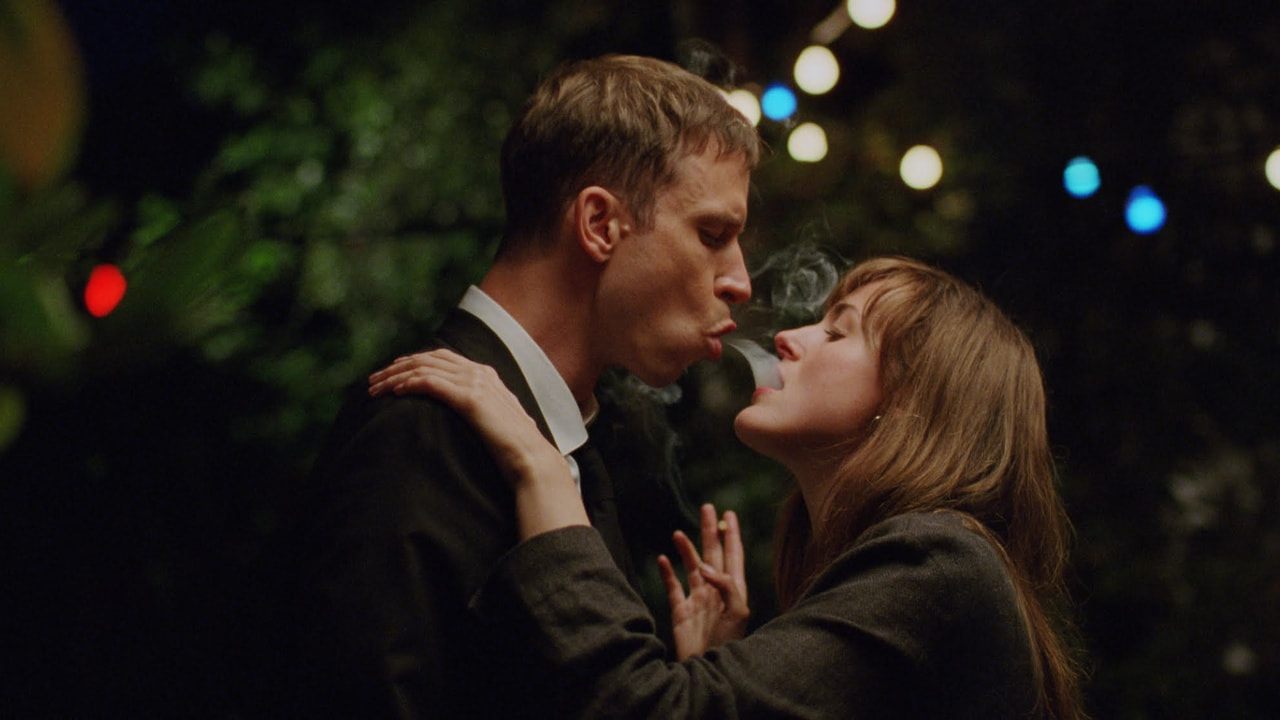
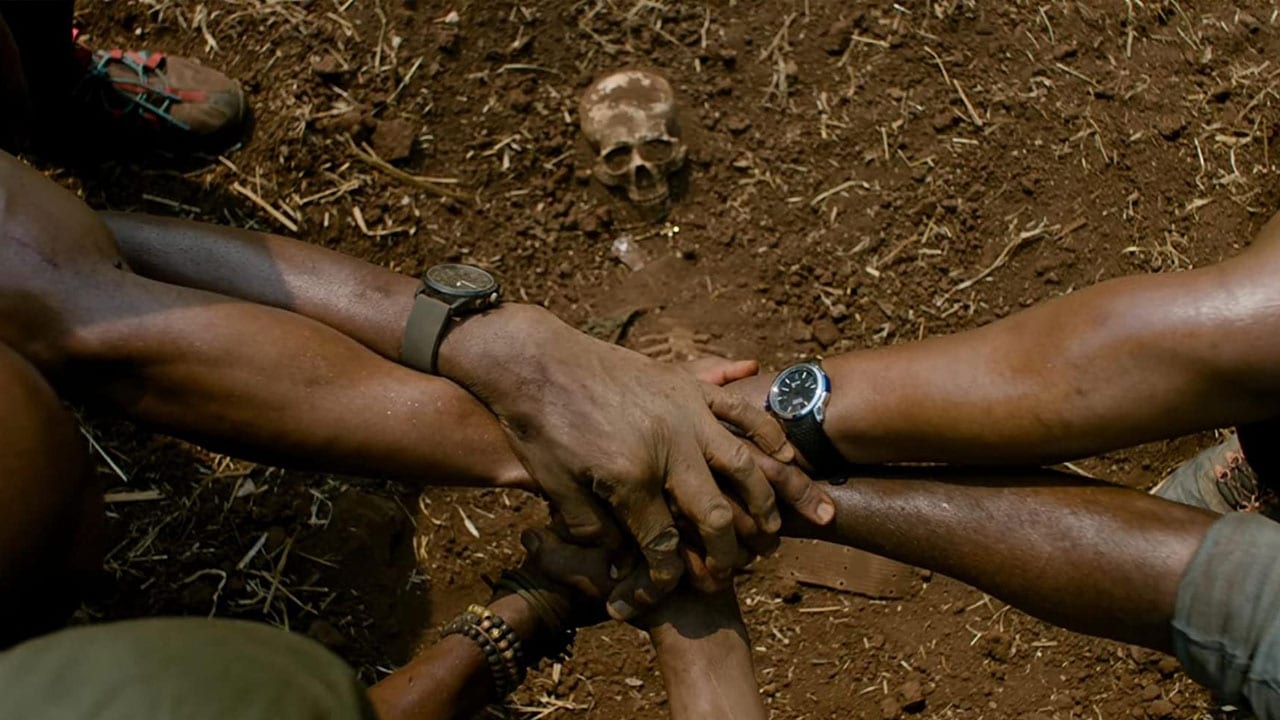
 RSS Feed
RSS Feed
